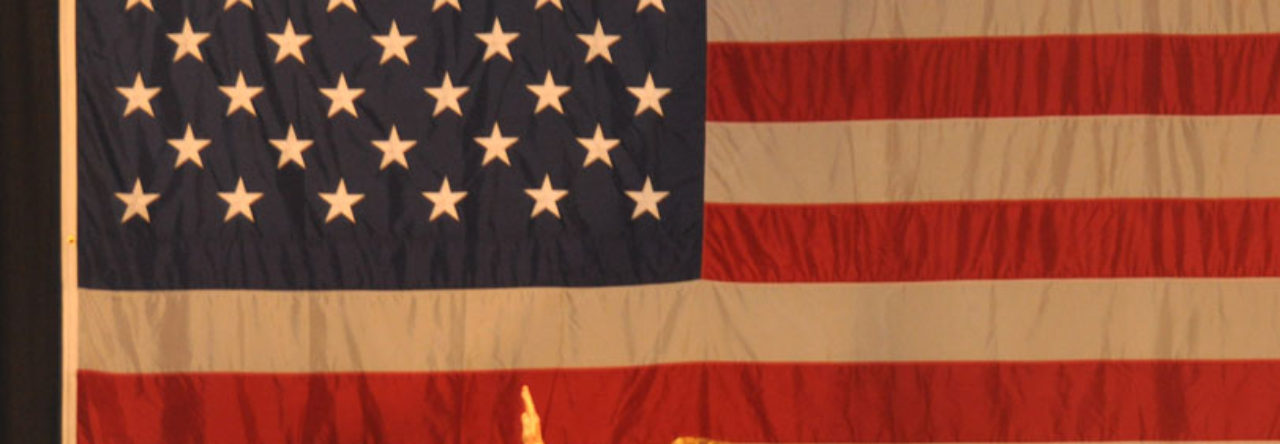 During the Q&A with Robert Davi at the Tuesday night (Oct. 21) showing of “The Dukes”, the audience, which was not a full house, was treated to “vamping” by the long-time character actor, as he waited for friends of his to arrive and for traffic to allow others to see the film.
During the Q&A with Robert Davi at the Tuesday night (Oct. 21) showing of “The Dukes”, the audience, which was not a full house, was treated to “vamping” by the long-time character actor, as he waited for friends of his to arrive and for traffic to allow others to see the film.
First question for Robert Davi was: “How long did it take for you to shoot the film?”
A: “Eight months to a year.
Question #2: “What was the film shot on?” A: “The film was shot on Super 16, then I did a D.I. and transferred it to 35 millimeter. It is a modern film that doesn’t have a sleek look. I wanted a rough-around-the-edges look.” Davi gave credit to his DP (Director of Photography) Michael Goy for the film’s look, which is intimate and classic.
Question #3: Object of the film? A: “I wanted to bring light to the world whenever we could. I wanted it to have no politics and have an upbeat ending.” Davi also said, “I hope your dad’s not a dentist,” in reference to the heist of a dentist’s gold from his safe. Davi reminisced: “Growing up, going to the dentist was a huge thing. It was expensive. It was humorous. It was universal. With the stock market thing and the housing crisis, I thought it was something that wouldn’t bring people down.”
Question #4: “What about the character Murph?” A: “In the script, Murph was originally a tough Irish guy. I wanted to break the stereotype, so the part was reworked for the Latvian character actor who played Murph. “I wanted to have the idea of transplanted New Yorkers.” And, added Davi, “That was me singing at the end of the film. The guy who was a stand-up comic in the film was also a stand-up comic in real life. He tried to become an actor in Los Angeles, but it fell apart. There is a sense of geographical dislocation in the film, a New York story set in Los Angeles.”
Question #5: “What made you want to be an actor?” A: “I got the idea from watching Italian films when I was a kid growing up. Then, I worked in the theater. Then we discovered I had a voice. I was a baritone with the soul of a tenor. I studied voice with Tito Gobi.”
Question #6: “What was your inspiration…your idea for the story?” A: In the 1970s I worked with Stella Adler. This was when there were 25,000 steelworkers being laid off. The idea of that, of losing your job, was very frightening to me, as a young guy. And then my dad was laid off. I was fortunate to have the opportunity to make my first film with Frank Sinatra and I met Jay Black, who had been in a group called ‘Jay and the Americans.’ There was also an influence from Alvin Toffler’s book ‘The Third Wave.”
Question #7: “Will there be a sequel?” A: “If it’s successful, there might be a sequel. I did think about it. At the beginning, that is Cousin Brucie you hear, who used to open for the Beatles at Shea Stadium and place like that. I showed this to David Edelstein and Peter Travers in New York City of the New York Film Critics’ Association. They loved the music in it. I had some ideas to do things differently. For example. I had the idea of the car going into a tunnel sequence where the car would break into musical notes and then the car would go out onto Ventura Boulevard.
I also used Ash Wednesday because it was a remembrance of these guys pulling a heist with ash on their foreheads. It was a whole dichotomy of that, indicative of these guys, the melting pot aspect of the group.
Question #8: “What were some of the hurdles you faced in making the film?” A: “The financial was the biggest hurdle. I was looking for the challenge and I was ready. Also, distribution is always a problem. Independents aren’t really that bad. Also, we had to have the right cast. I was lucky to find the kid who played my son. I met 15 young boys who were all lovely, but it was a pivotal part. I did several improvisations with him and bonded with him. He was a very loving and very open little boy. Finding him was as big a challenge as Vittorio DeSica finding the right boy to use in “The Bicycle Thief.” The young actor later went on to play the son in ‘Pirates of the Caribbean.’ Then, the biggest emotional push was when the group gets shut down on opening night.”
Question #9: “What about the cast?” A: “I knew I wanted Chazz. I knew all the other actors. I’m not an overactor, so I knew that ensemble. Originally, Murph was an Irishman, but I rewrote it. You know what someone once said, ‘After the writer writes the screenplay, he should die.’”
Closing comments: “I love Chicago. I appreciate you all being here. Thank you all for sharing this with me.”
